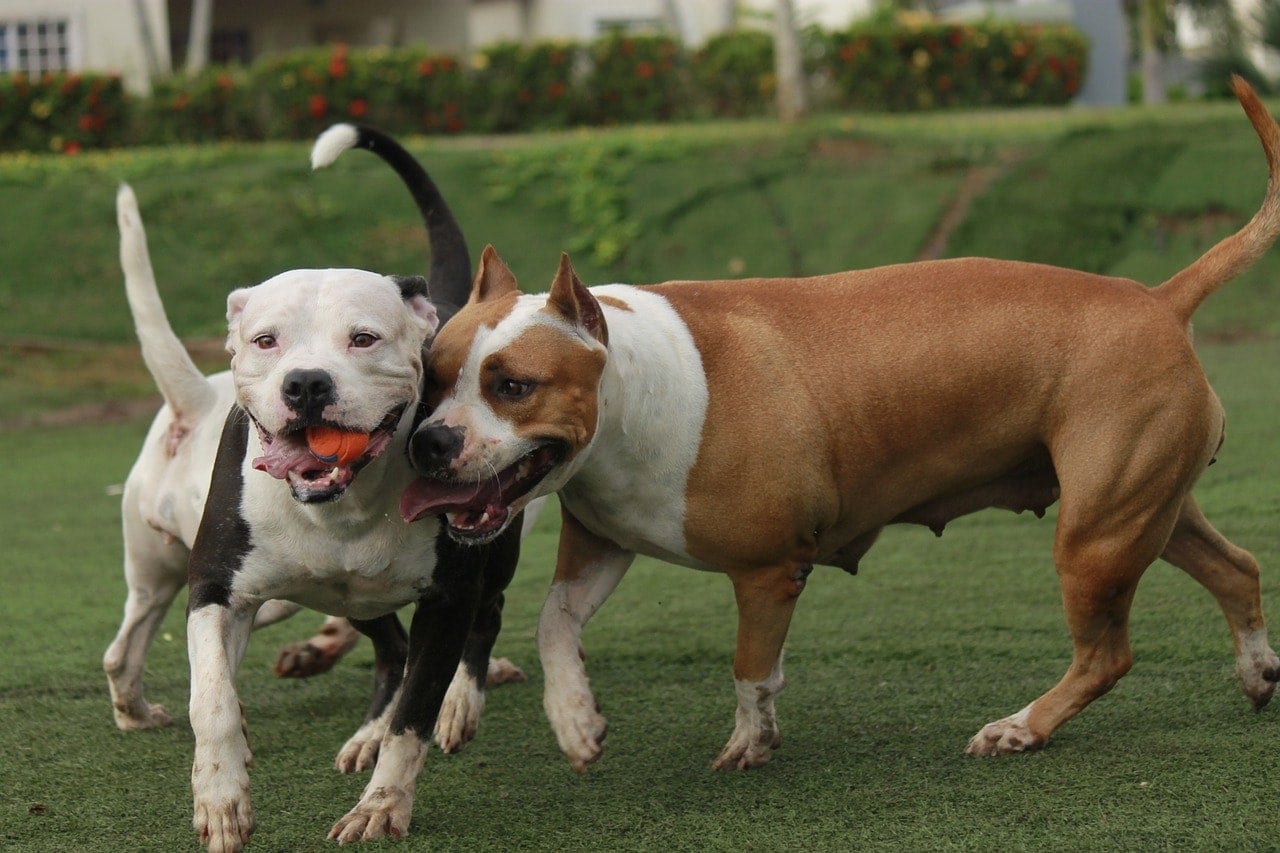Why Does My Dog’s Poop Smell So Bad? 10 Possible Causes & Remedies

Updated on
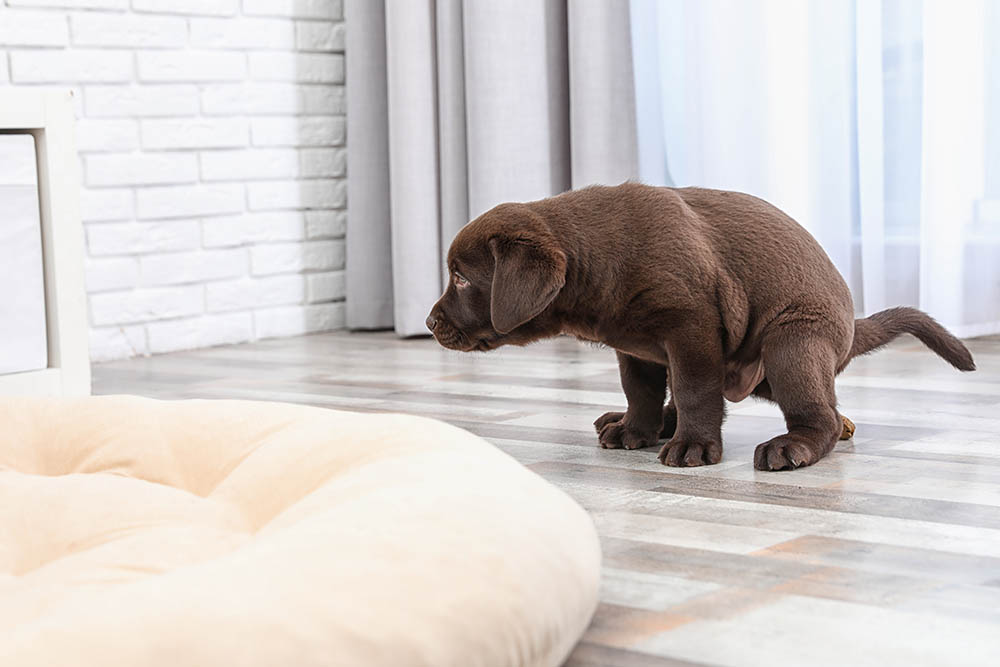
No one expects dog poop to smell like a bouquet of roses, but there’s a difference between stinky and foul. If your dog’s poop wages war on your nose, you don’t have to grin and bear it. Most of the time, ultra-smelly poop comes from a diet or medical issue that can be rectified. Here are 10 of the most common problems.
Top 10 Reasons Your Dog’s Poop Smells So Bad:
1. Poor Diet
Do you get the first dry food you see at the grocery store? Often, the main cause of smelly stool is diet, and although low-quality dry foods might fill your dog’s belly, that doesn’t mean they’re healthy. Many dog foods are full of fillers that your dog can’t digest or fail to give them a balanced diet, leading to smelly stools.
- It might be time for an upgrade. Food can get expensive quickly, especially for large dogs, but you don’t need to spend much more to get high-quality food. Look for food that’s low in fillers and has a high protein content.
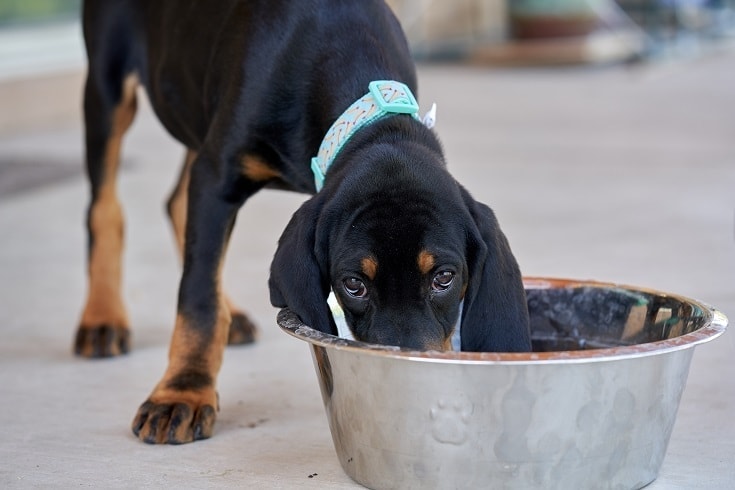
2. Food Allergies
Even if you’re avoiding food that would give any dog a tummy ache, every dog is different. Allergies and intolerances can lead to digestive issues, including smelly poop. Some of the most common allergens are proteins like beef, pork, or chicken, but your dog might also be allergic to a vegetable like corn, potatoes, or peas.
- It can take some work to rule out allergens, but once you know what to avoid, you’ll have a happier, healthier pup. Try switching out protein flavors first, looking for a dog food containing only one animal product. If that doesn’t work, look for grains or veggies that both foods have in common.
3. Digestive Issues
If you’ve tried a few foods and allergies don’t seem to be the culprit, it might be that your dog just has a sensitive stomach. Dogs with sensitive stomachs often get irritated by eating too quickly or the wrong foods.
- Look for a food formulated for sensitive stomachs or advertises a limited ingredient diet. Some sensitive stomach formulas contain probiotics or prebiotics, which promote gut health and make your pup less likely to have digestive issues in the future.
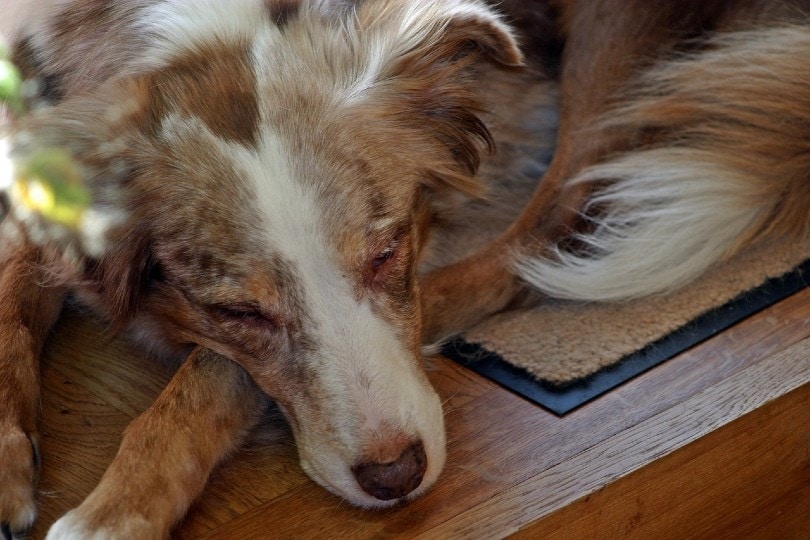
4. Scavenging Bad Food
Dogs often eat any food they can access, even if they are well-fed. If your dog loves to snack, he might get into something with a bad smell. This could be rotten food, or it might be something that your dog can’t digest very well, like dairy products.
- If your dog’s diet problems stem from eating outside of meals, extra supervision is required. Cut down on feeding scraps to your dog and supervise him when he’s outdoors or somewhere else he might scavenge.
5. Nutrient Absorption Problems
Sometimes, smelly feces is related to malabsorption, an inability to gain nutrients from food. This usually accompanies weight loss or signs of malnourishment and a seemingly endless appetite. That’s because the food passes in one end and out the other without your dog getting nutrition from it.
- Nutrient absorption problems are best treated by a vet, who can diagnose the root cause of the problem and find the proper treatment. They’re usually fixable with good vet care.
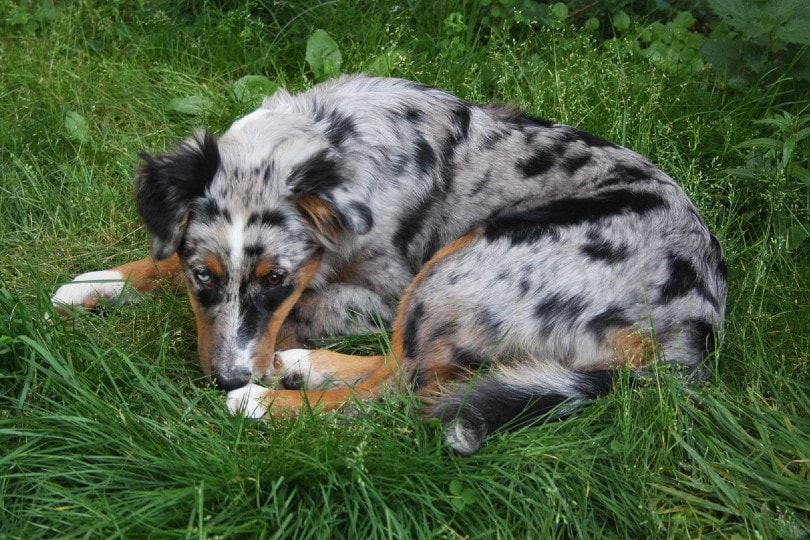
6. Exocrine pancreatic insufficiency
A related problem is exocrine pancreatic insufficiency, which is caused when your dog’s pancreas doesn’t release enough enzymes for proper digestion. The signs are similar to nutrient malabsorption, but a stool test can show a lack of enzymes.
- A vet will be required to diagnose this, and there are multiple options for management. Sometimes, a change in diet to something easy to digest is enough. Otherwise, adding extra enzymes to your dog’s diet can be done through medication.
7. Medications
If your dog is already facing health issues that require regular medicine, a side effect might be a strong odor in your dog’s poop. This isn’t necessarily a sign of something wrong with your dog, but you can always talk to a vet to make sure.
- If a medication causes a bad smell, you might just have to deal with the odor. The side effect of smelly feces is often minor enough that it isn’t worth changing medications.
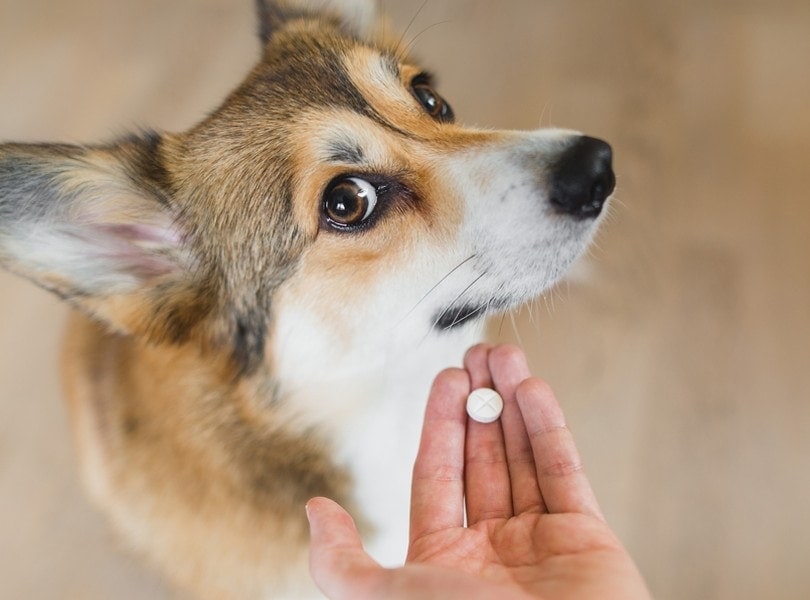
8. Bacteria or Parasites
Another possibility is that your dog is experiencing illness caused by bacteria or parasites. Common diseases like parvovirus and E. coli can cause smelly feces to come on suddenly. Another cause is a parasite like intestinal worms.
- Take regular preventative measures to minimize the chances of parasites. A vet can diagnose bacterial, viral, or parasitic infections and prescribe proper treatment. Antibiotics might be helpful for some bacteria, while other diseases require different treatment.
9. Intestinal Bleeding
Bloody discharge with a sharp, metallic odor is usually caused by intestinal bleeding. The causes of intestinal bleeding vary—it could be a disease, a medical condition, or an injury—but in all cases, vet treatment can help you determine if the condition is serious.
- If your dog has a bloody stool, contact a vet immediately. Treatment may vary depending on the cause of bleeding, but it can include medication, diet changes, or surgery.
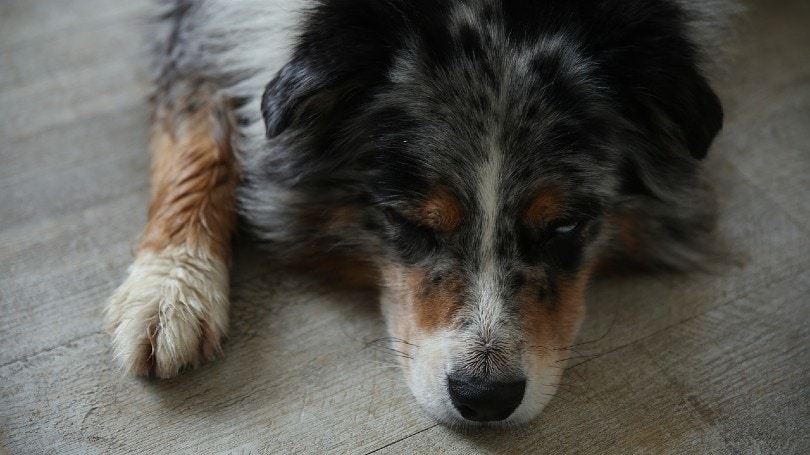
10. Infection
Dogs occasionally get infections that lead to a foul-smelling discharge. This discharge might be noticeable in the stool or leak from your dog without bowel movements. Depending on where the infection is in your dog’s digestive system, it may cause visible swelling, redness, or other symptoms.
- A vet can help you find the correct treatment. This might include oral or topical antibiotics, clearing out a blocked anal sac, and lots of fluids.
Final Thoughts
Stinky poop might be annoying to smell, but it can be life-threatening for your dog. If your dog’s feces have a sudden change in consistency and odor, it might be a sign that something is seriously wrong. On the other hand, some foul odors can be resolved by switching to a different food. Figuring out what’s wrong can help you determine if you need to act and find the best treatment for your pup.
Featured Image Credit: New Africa, Shutterstock




